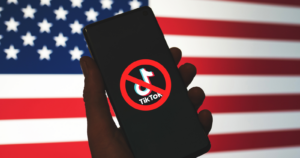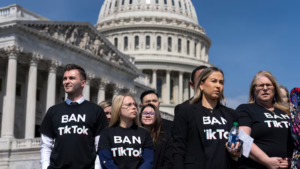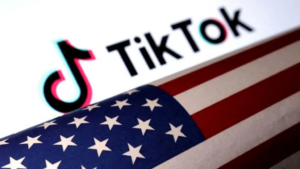TikTok will begin its legal battle next Monday to challenge a law that could see the app banned in the US, unless its Chinese parent company, ByteDance, sells the app within nine months.
Here's ads banner inside a post
This law, signed by President Biden in April, was introduced to address concerns that US users’ data could be exploited by the Chinese government. TikTok and ByteDance have always denied any links to the Chinese authorities and have described the law as an “extraordinary intrusion on free speech rights.”
The company, which claims to have more than 170 million users in the US, will present its case before a three-judge panel at the appeals court in Washington DC. TikTok representatives will be joined by eight content creators on the platform, including a rancher from Texas and a baker from Tennessee, who rely on TikTok to market their products and make a living.
Lawyers from the US Department of Justice (DoJ) will then lay out their case. In addition to concerns about data, DoJ officials and lawmakers have expressed alarm at the possibility that TikTok could be used by the Chinese government to spread propaganda to Americans.
Here's ads banner inside a post
However, supporters of America’s strong free speech rights, protected by the First Amendment of the US Constitution, argue that upholding the sell-or-ban law would be a gift to authoritarian regimes worldwide.
“We shouldn’t be surprised if repressive governments around the world cite this precedent to justify new restrictions on their citizens’ right to access information, ideas, and media from abroad,” said Xiangnong Wang, an attorney at the Knight First Amendment Institute at Columbia University.
The institute has filed an amicus brief—legal documents submitted by someone not directly involved in the case but with an interest in it, offering information or expertise, usually with the hope of influencing the outcome.
Here's ads banner inside a post
Mr. Wang also criticized lawmakers for being vague about the specific national security threats they claim TikTok poses. “We can’t think of any previous instance where such a broad restriction on First Amendment rights was found to be constitutional based on evidence that wasn’t disclosed,” he said.

